Five reasons for researchers to get involved in field labs
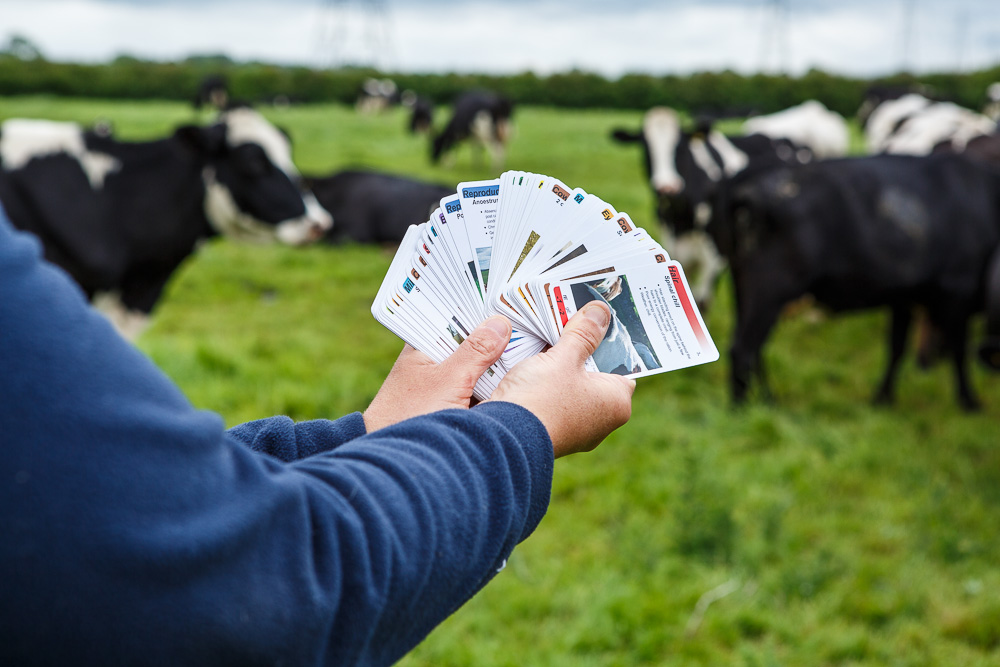
1) We see farmers and growers as research partners not end users
Farmers are largely excluded from mainstream research yet are the end users and implementers; paradoxically, farmers have a strong tendency to innovate. In a recent Innovative Farmers’ survey 71% of farmers who responded said they have run experiments on their land before joining the programme. Their innovative ideas, their experimental intuition, and their drive and determination to improve still fails to be fully harnessed within the current research and trial development system. This is demonstrated by the fact that two out of five (40.1%) of the farmers who answered our survey said their tests (outside of Innovative Farmers) lacked a formal experimental design.
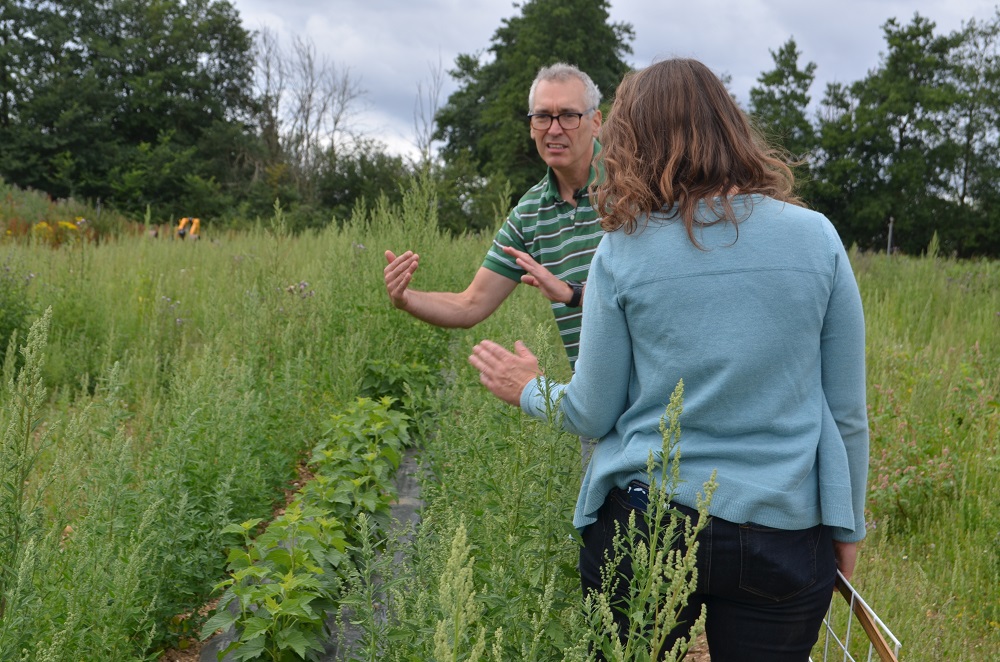
2) Your results are more likely to be implemented
A lot of money is wasted reaching out to farmers try to convince them to implement the latest technologies. Field labs are designed to fit into the commercial practice of everyday farming. This means that the new practices being researched are more likely to be implemented in the future. A quarter of farmers surveyed after taking part in a farmer led research trail said they made changes to their farming practices and a further 60 per cent of farmers said they had learned significantly from the process. Farmers trust farmers to tell them what works. And when they know a practice has been practically tested in a farm environment, they feel more confident about trying it out on their own farm.
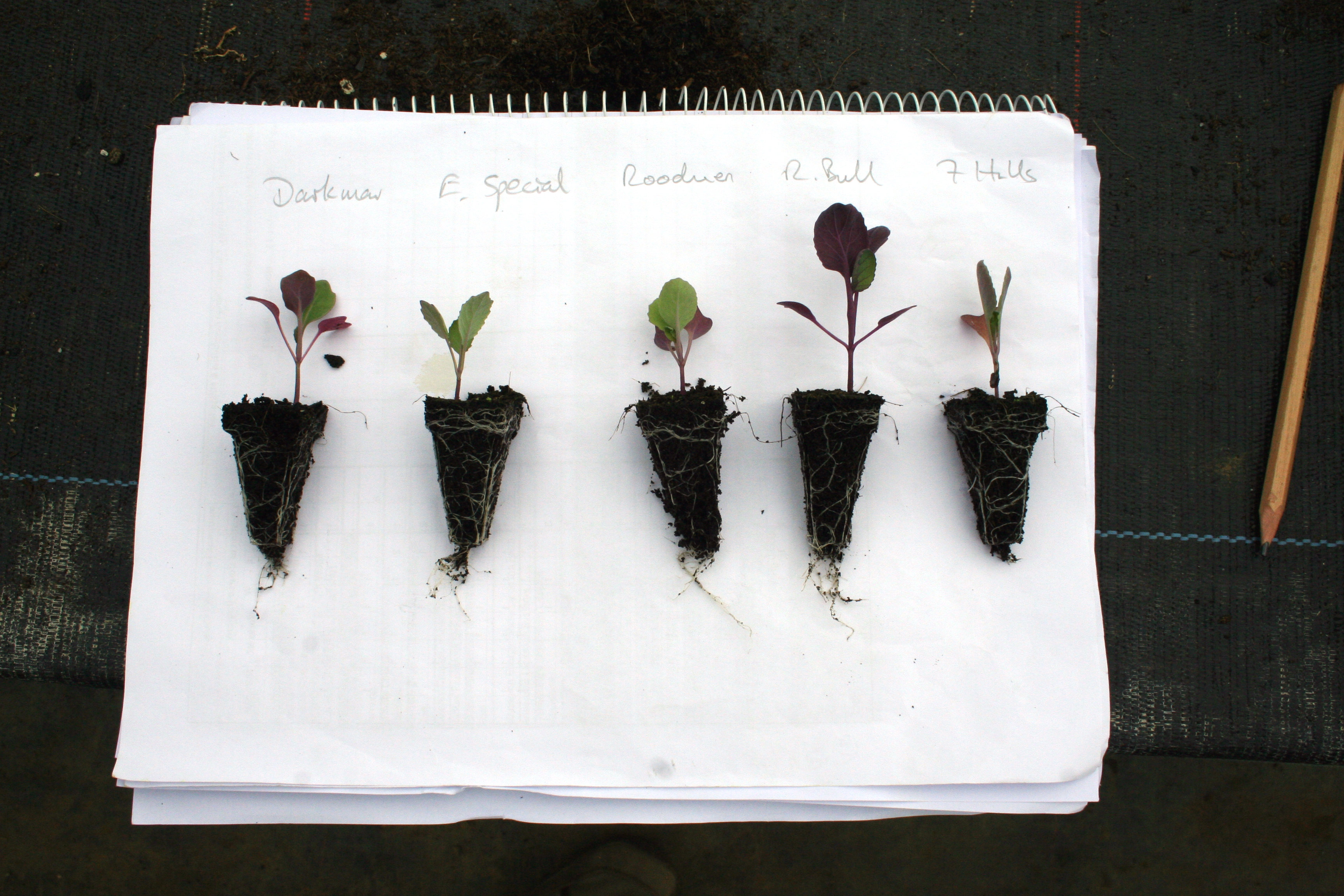
3) Field labs are practical - real life – science
Real farming rarely provides a sanitised laboratory environment. Farmer led research instead lies in that sweet spot between the practical realities of farm life and the robust needs of science. We know that researchers want their job to be relevant to the farming community. And they tell us that co-designing trials with farmers is the best part of their job. And at the end of the trial, their work has been put into practice, rather than just sitting in a weighty journal. This is why many of the UK’s top agri-research organisations have been involved in field labs and more are keen to join every year.
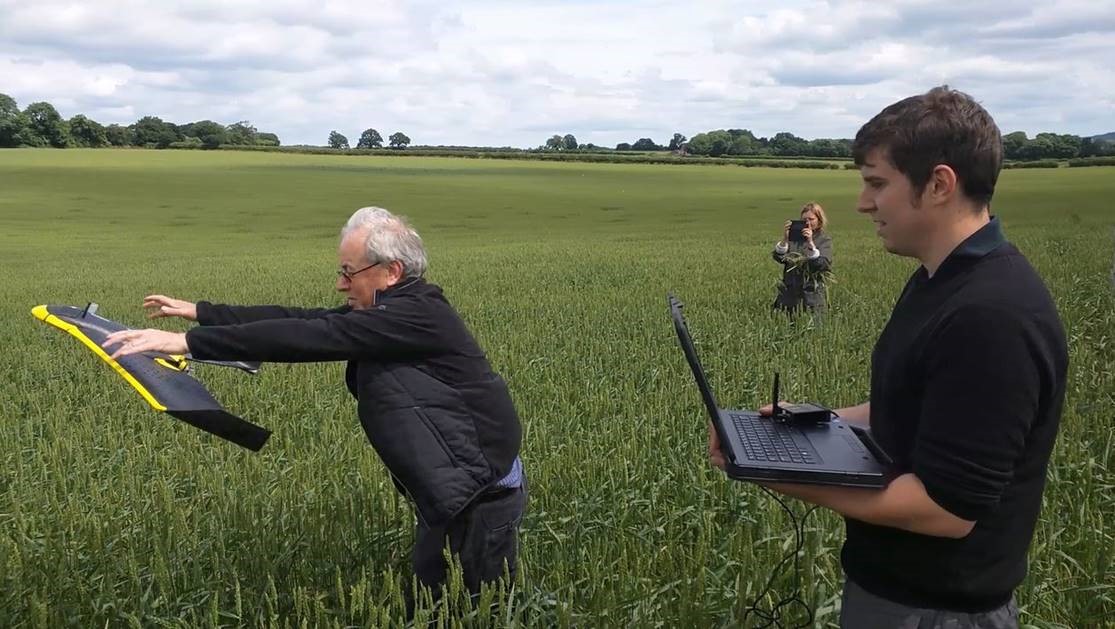
4) The cutting edge of nature friendly farming
When given the opportunity to test their own ideas for innovation, many farmers opt to trial systems-based solutions. These solutions build virtuous circles on farms, where natural processes replace the need for inputs, building biodiversity at the same time. Farmers involved in the Innovative Farmers network want to work with nature and allowing them the time and resources to do so could be truly revolutionary to agricultural technology of the future. Urgent action is needed to respond to the climate emergency and working directly with farmers is the only way to ensure the priorities of agricultural innovation are correct.
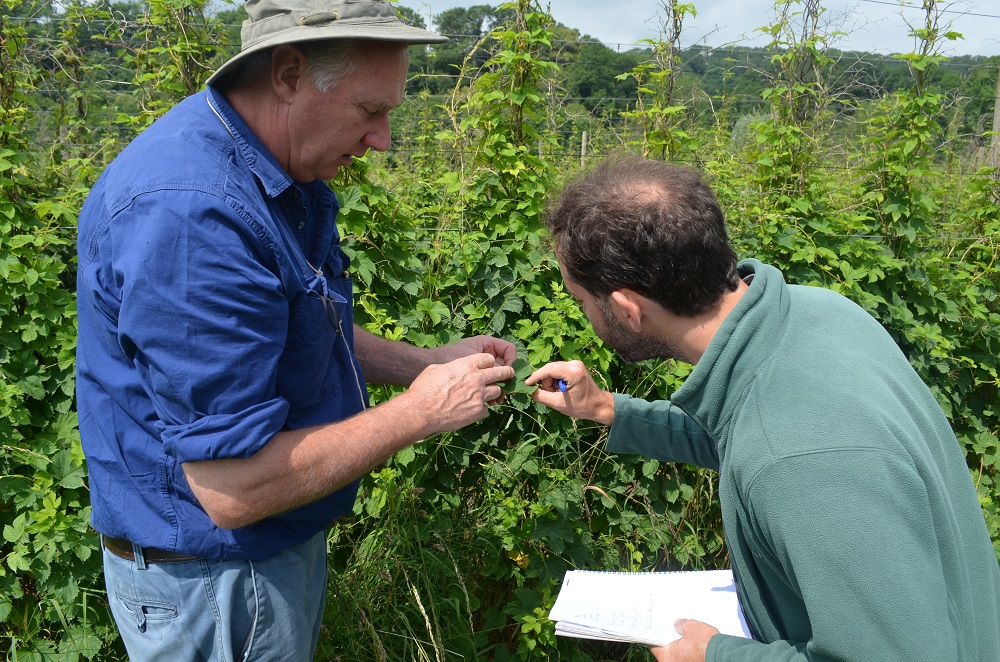
5) Farmers have invaluable ideas and experience
The best ideas in farming often come from farmers. Whether it’s trying a new variety or breed, using a bit of kit in a different way, or responding quickly to unpredictable weather, trialling, testing and hands-on research is part of the day-job. But unfortunately, you find many farmers have resorted to going it alone, or worse, not making their idea a reality because the risks of failure are too high. Innovative Farmers matches farmers with stakeholders that are interested in the solutions that farmers have to offer. Even when a small amount of funding is offered, the barriers to testing innovations can be substantially lifted.

Innovative Farmers spans such a range of projects – whatever system you’re working in and whatever you’re wanting to investigate, there will be a field lab for everybody.
Innovative farmers are grateful to our funders for their support of the programme




